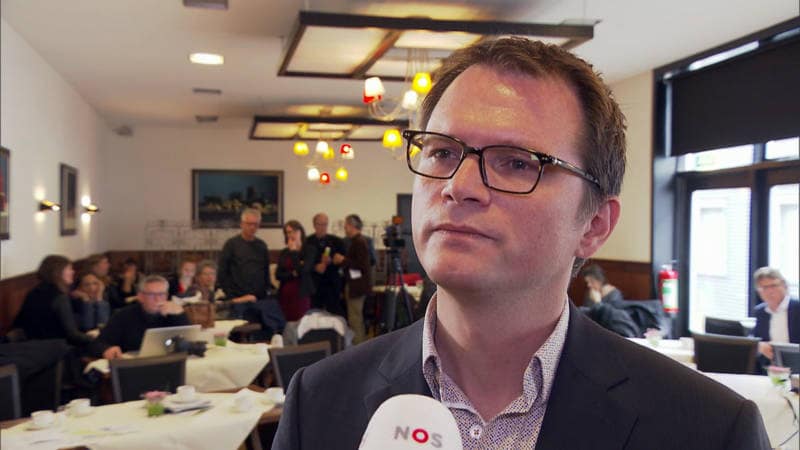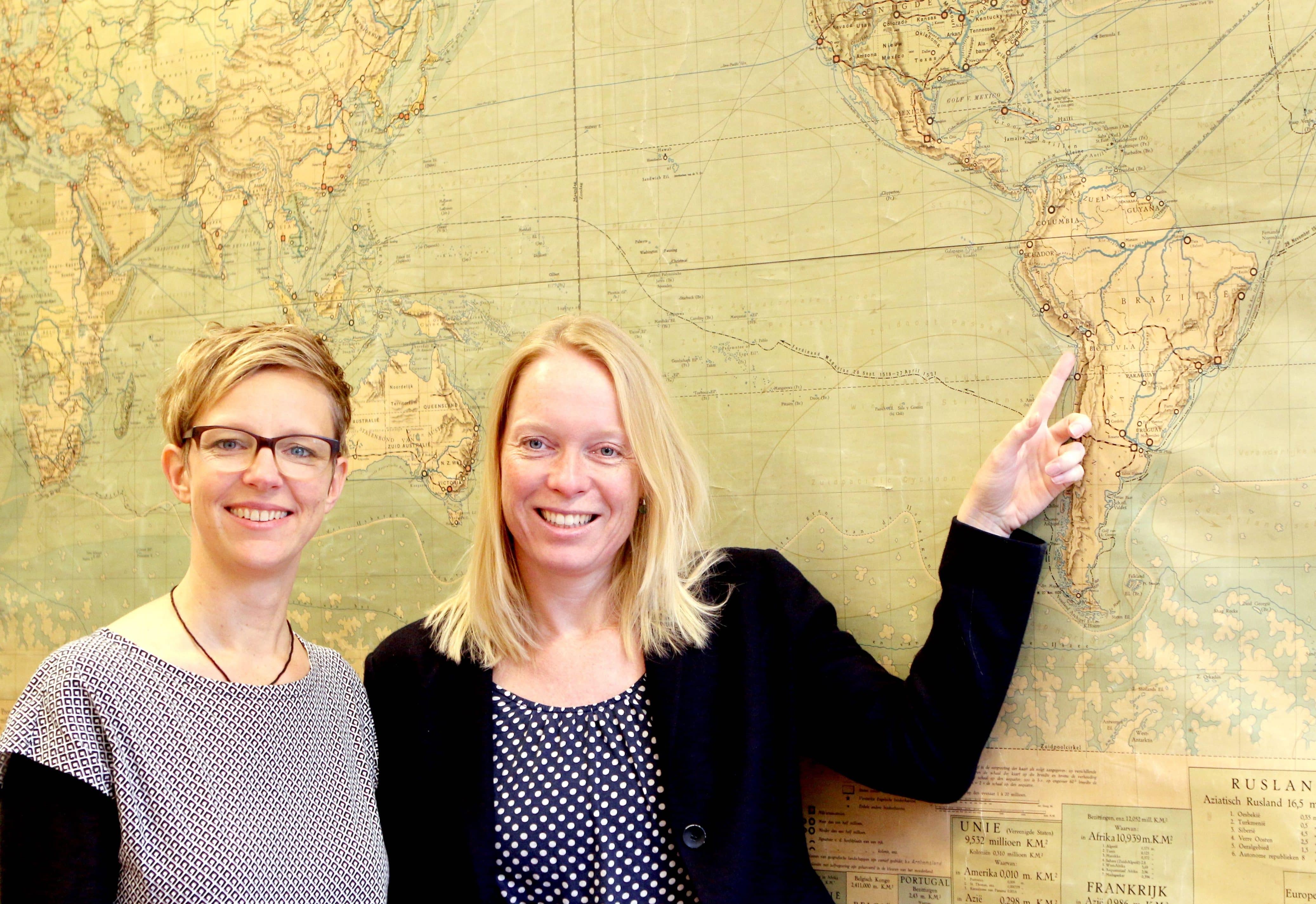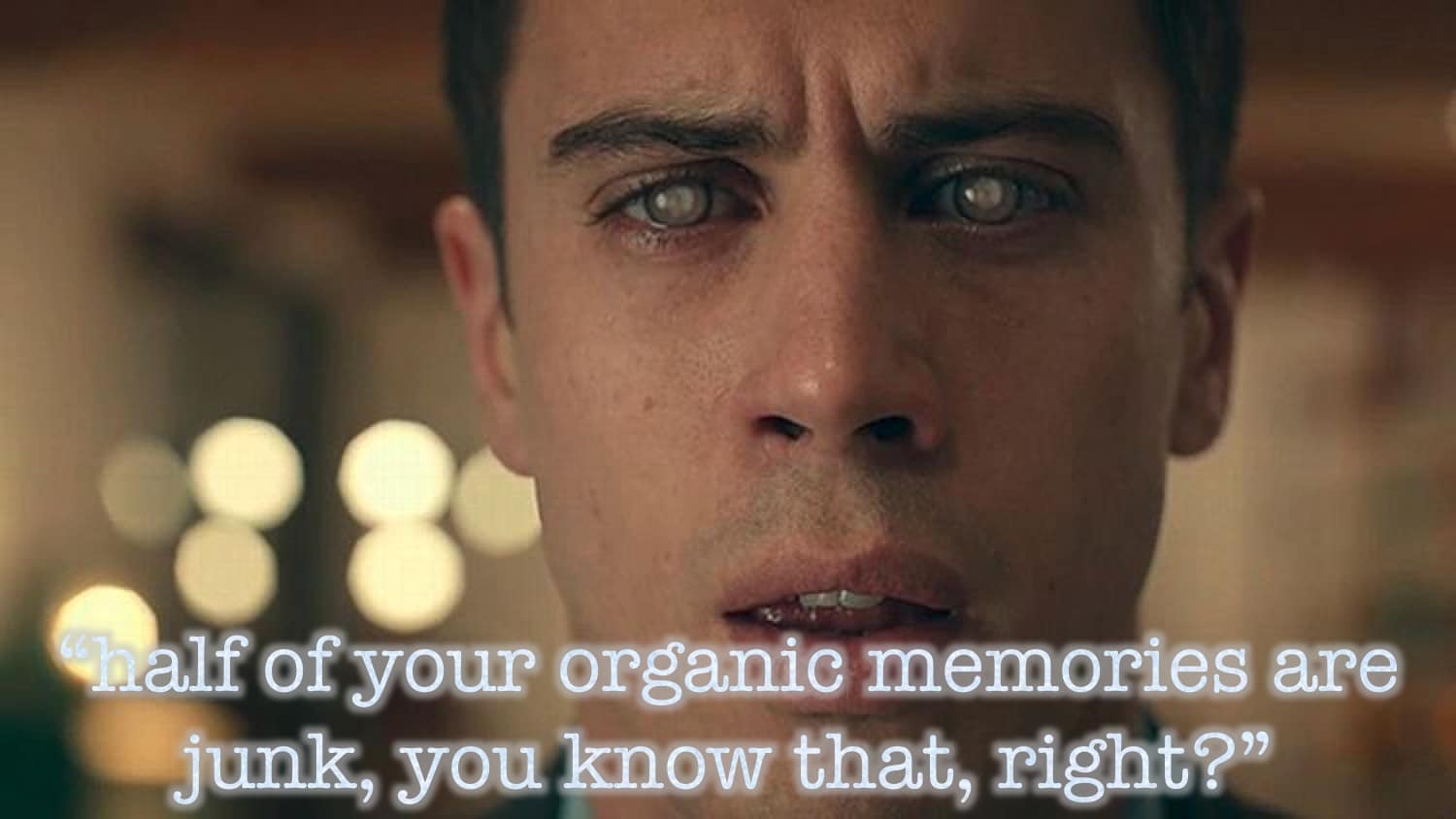In this piece, prof. dr. Tom Postmes offers his opinion on the safety policy in Groningen. He concludes that in his attempt to prevent a paper-and-pencil disaster, the Minister of Economic Affairs and Climate ignores an existing disaster.
Choosing a particular career path can be challenging, and comprises many components, situations, people and goals. Moreover, the choice process for a career path differs from individual to individual. In this blog post, Filomena Parada explains how the complex and heterogeneous process of career choice and related education- and work-transitions can be investigated by combining three diverse approaches to study human functioning.
Methodologists had an interesting summer this past year, thanks in part to a bombshell paper by Benjamin and 71 others, shared as preprint on July 22nd, 2017. The authors argued to reduce the ‘default threshold’ α for statistical significance from 5% to 0.5% (i.e., from 0.05 to 0.005). To refresh your memory, null hypothesis significance […]
How does the experience of trauma impact women’s empowerment and economic participation over time? Social and clinical psychologists join efforts to follow the development of Bolivian girls over the next ten years.
Marieke van Vugt is assistant professor in the cognitive modeling group of the Department of Artificial Intelligence (Faculty of Science and Engineering) at the University of Groningen. One of the things she is interested in is studying the cognitive processes involved in mindfulness and meditation. Studying this topic is not an easy task since there is not […]
The common criticisms from professors about broad, superficially philosophical questions apply perfectly well to the title of this piece. What is a perfect memory? We may try to divide up the question and ask what both perfection, and memory are. We may ask whether memory refers to a memory of something or that reified agglomeration […]
Identity development is the complex, lifelong task of constructing a coherent, positive sense of self that feels authentic and genuine across contexts and settings. This post explores some of the challenges and processes relevant for the identity development journey.
Many women of reproductive age use a hormonal method of birth control, often referred to as “the pill”. While pill use is often ignored when analyzing psychological data, the effects of its hormones on the brain and mind may confound conclusions drawn from such data.
It’s extremely rare for three such events to run locally (and quite exceptional for them to run over just two weeks). So put it in your agenda: join us for Groningen’s summer of history!
Most of us may be horrified by mass shootings, but might some people get inspired by such attacks? We explore how certain gun owners, especially those struggling with failure and fear, could become tempted to perceive their own guns as sources of personal empowerment.










